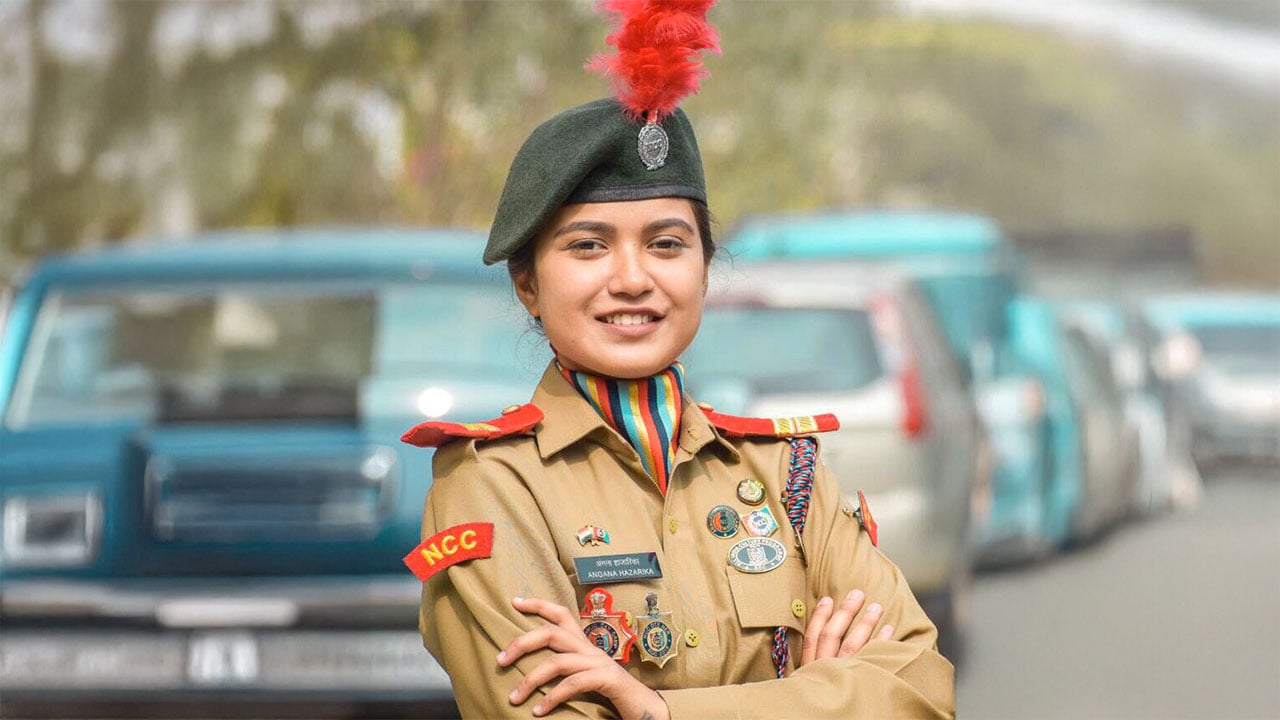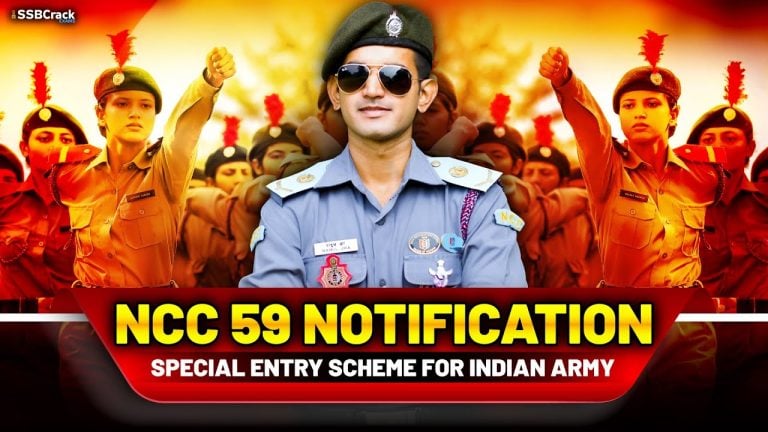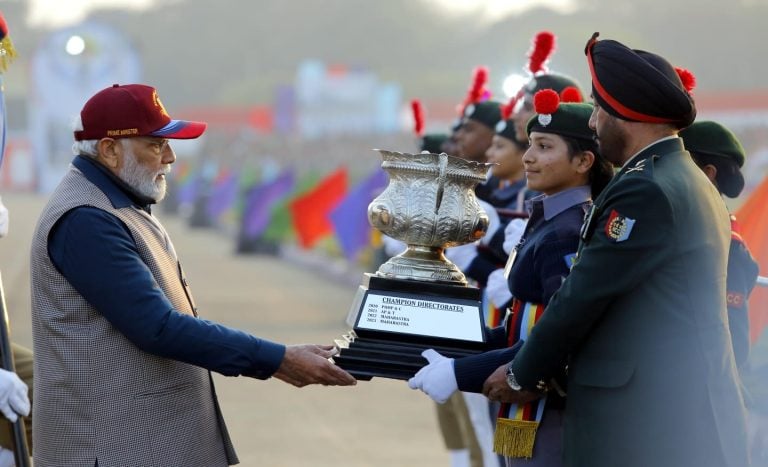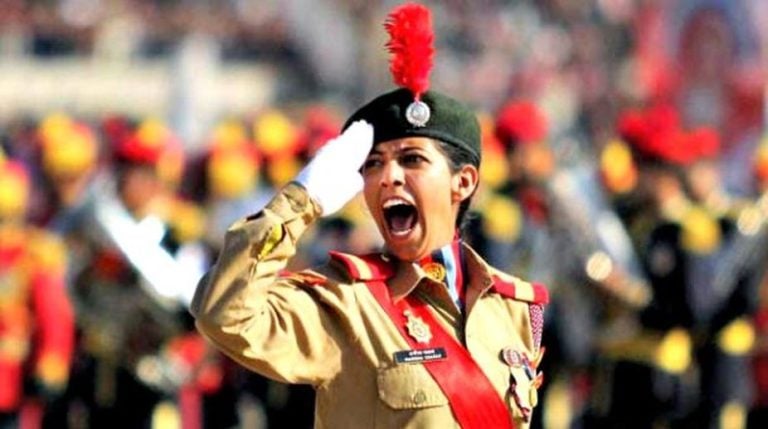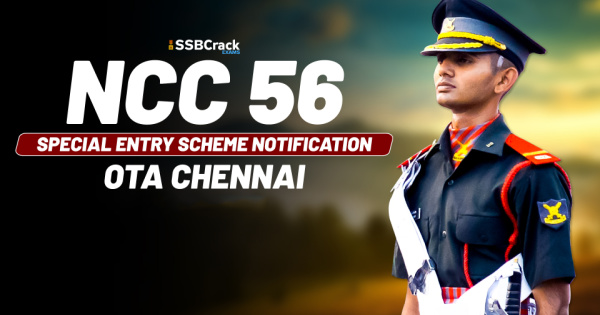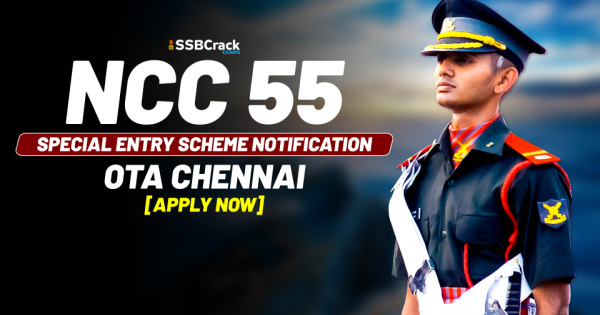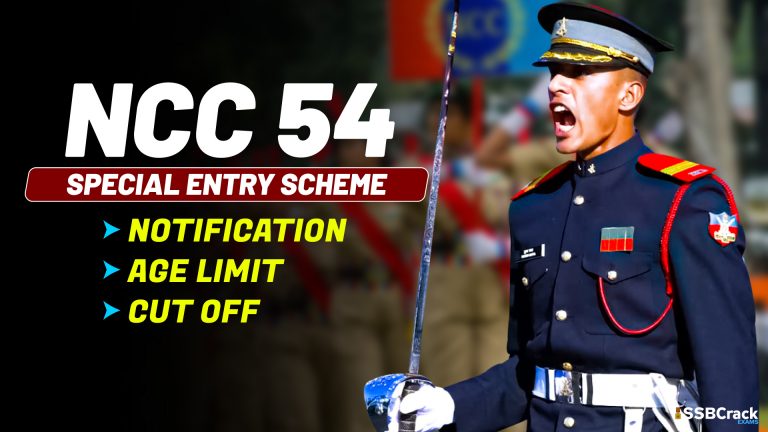The National Cadet Corps (NCC) stands as India’s largest youth organization, fostering discipline, leadership, and a sense of national service among students. Operating under the Ministry of Defence since 1948, it includes Junior and Senior Divisions for school and college students, respectively, along with a dedicated Girls’ Division. Cadets advance through certificate levels—A, B, and C—with the ‘C’ Certificate representing the pinnacle of achievement. This highest certification, earned through extensive training, camps, and assessments, not only builds essential military skills but also serves as a valuable credential for careers in the Indian Armed Forces.
For those aiming to serve in the Army, Navy, or Air Force, the NCC ‘C’ Certificate offers distinct advantages, such as direct access to selection boards, reserved seats, and additional scoring in competitive processes. These incentives recognize the prior training of NCC cadets and streamline their recruitment. This article outlines the various types of entry schemes available to ‘C’ Certificate holders, providing a timeless reference for aspiring defence personnel.
Overview of NCC Certificates and Their Value
NCC certificates are progressive milestones:
- NCC ‘A’ Certificate: Entry-level certification for junior cadets, offering minor bonuses like 2% additional marks in select exams and 5 bonus points in Army general duty recruitment.
- NCC ‘B’ Certificate: Mid-level, requiring further involvement, with benefits including 3% bonus marks and 10 points in Army recruitment.
- NCC ‘C’ Certificate: The advanced certificate, necessitating at least two years in the Senior Division, camp participation, and a minimum ‘B’ grade. It unlocks the most significant opportunities, including officer-level entries without written exams.
Holders who have marched in the Republic Day Parade often receive enhanced privileges, such as complete exemptions from entrance tests in certain categories.
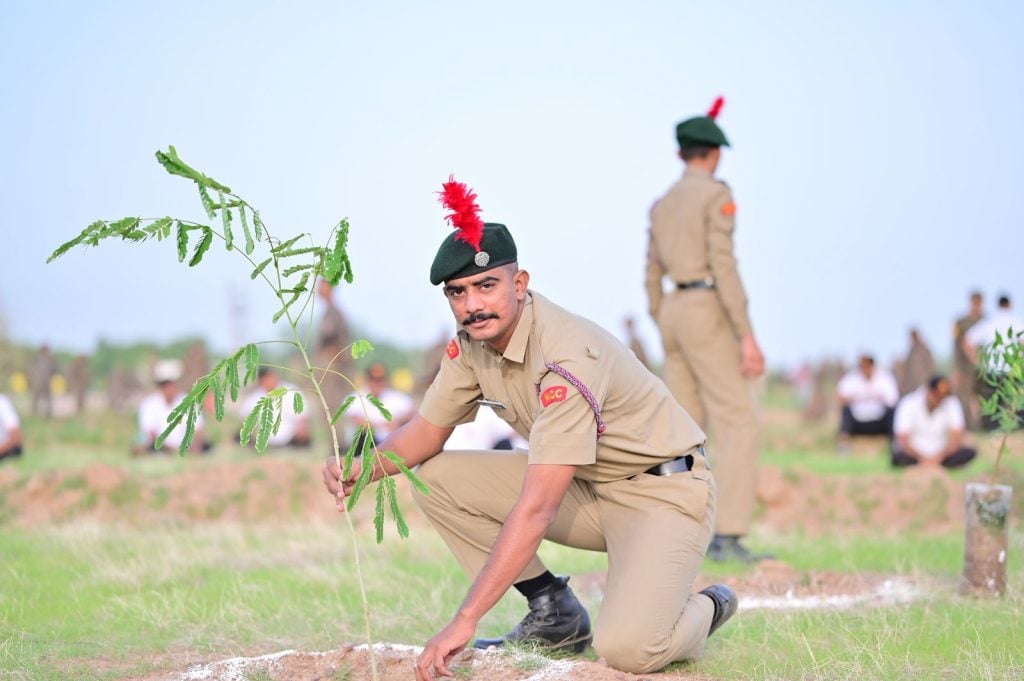
NCC Special Entry Scheme: Direct Route to Commissioned Officer Positions
The NCC Special Entry Scheme is a dedicated pathway for ‘C’ Certificate holders, allowing them to skip written examinations and advance straight to the Services Selection Board (SSB) or equivalent interviews for Short Service Commission (SSC) roles. This scheme values the NCC’s rigorous preparation, making it an ideal entry for motivated graduates.
Indian Army NCC Special Entry
This is one of the most accessible schemes for ‘C’ Certificate holders, with biannual notifications from the Indian Army.
Eligibility Criteria
- Nationality: Indian citizen or eligible as per government norms.
- Age: Generally 19-25 years.
- Marital Status: Unmarried (applies to both males and females).
- Education: Bachelor’s degree with at least 50% aggregate from a recognized university.
- NCC Requirement: ‘C’ Certificate with a minimum ‘B’ grade; service in the Senior Division for at least two years (or three for some categories).
- Physical Standards: Compliance with Army height, weight, and medical fitness requirements.
Special provisions exist for wards of battle casualties, even without the ‘C’ Certificate in some cases.
Vacancies and Reservations
Typically, around 50-55 vacancies for men and 4-5 for women in the general category, plus additional slots for wards of battle casualties. These are for SSC roles, which can be extended or converted to permanent commission.
Selection Process
- Shortlisting: Based on academic records and NCC performance.
- SSB Interview: A multi-day assessment including intelligence tests, psychological evaluations, group activities, and personal interviews.
- Medical Examination: Comprehensive health checks.
- Merit List: Final selection considering SSB results and available positions.
Successful candidates train at the Officers Training Academy (OTA) in Chennai for about 49 weeks, commissioning as Lieutenants.
Indian Navy NCC Special Entry
The Navy provides opportunities for ‘C’ Certificate holders from the Naval Wing, integrated into executive branch recruitments.
Eligibility Criteria
- Age: Typically 19-24 years.
- Education: B.Sc. with Physics and Mathematics or B.E./B.Tech with at least 60% marks.
- NCC Requirement: Naval Wing Senior Division ‘C’ Certificate.
- Other: Unmarried and meeting naval physical standards.
Vacancies
Usually up to 9 positions per course for Sub-Lieutenant commissions.
Selection Process
- Direct shortlisting for SSB.
- SSB interview tailored to naval skills.
- Medicals and merit-based finalization.
Training occurs at the Indian Naval Academy (INA) in Ezhimala.
Indian Air Force NCC Special Entry
Focused on the Flying Branch, this scheme targets Air Wing cadets.
Eligibility Criteria
- Age: Generally 20-24 years (extendable for commercial pilot license holders).
- Education: Graduation with 60% marks, including Physics and Mathematics at 10+2, or equivalent engineering degree.
- NCC Requirement: Air Wing Senior Division ‘C’ Certificate.
- Other: Unmarried, with specific vision and fitness standards for pilots.
Vacancies
Approximately 10% of vacancies in pilot training courses.
Selection Process
- Application through official channels, leading to direct Air Force Selection Board (AFSB).
- Assessments include pilot aptitude tests, psychological evaluations, and interviews.
- Medical examination and merit list.
Training at the Air Force Academy (AFA) in Hyderabad results in commissioning as Flying Officers.
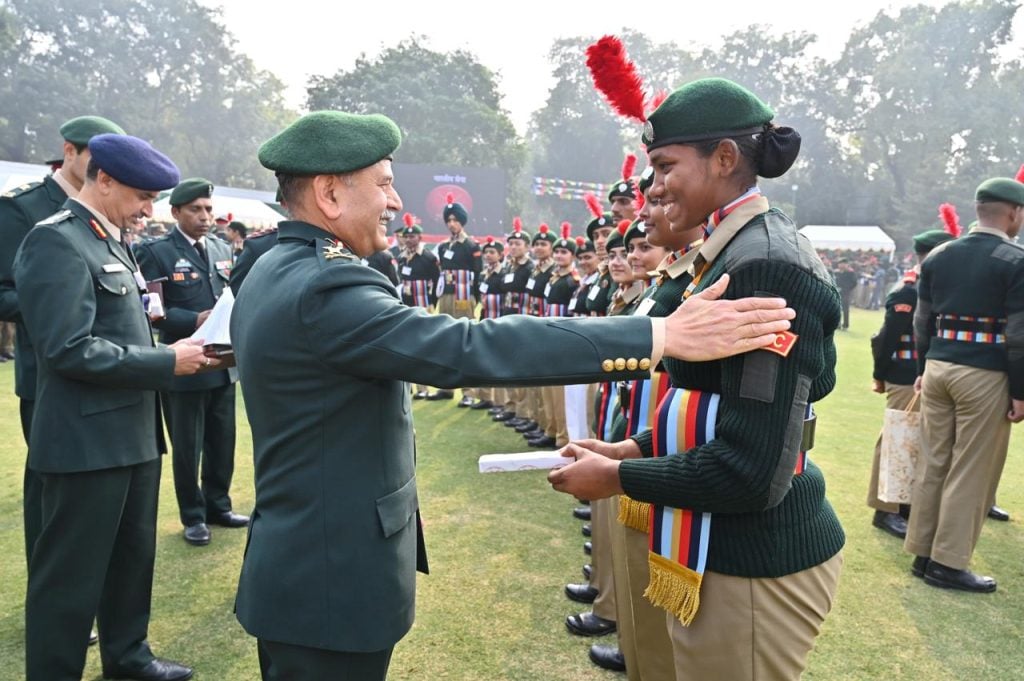
Additional Entry Types and Benefits
Beyond the Special Entry, the ‘C’ Certificate enhances prospects in other recruitment avenues:
Combined Defence Services (CDS) Examination
- Reserved seats: Typically 13-15 in Indian Military Academy (IMA), 5-8 in Indian Naval Academy (INA), around 50 in OTA, and 10% in Air Force Academy (AFA) courses.
- Candidates must pass the UPSC CDS written exam but receive priority or exemptions based on NCC credentials.
- Eligibility: Graduates aged 19-25.
National Defence Academy (NDA) Examination
- Bonus marks during SSB interviews.
- Preferential consideration in selections, though full exam participation is required.
Enlisted Personnel Entries (Soldiers, Sailors, Airmen)
- Exemption from Common Entrance Exams (CEE) for Republic Day Parade participants.
- Bonus marks: 5-15 in Army technical roles; 5-10% in Navy and Air Force recruitments.
- Full marks substitution in CEE for trades like clerks or technicians.
| Force | Officer Entry Types | Enlisted Entry Benefits |
|---|---|---|
| Army | Special Entry (Direct SSB); CDS Reservations (IMA/OTA) | CEE Exemption; 5-15 Bonus Marks |
| Navy | Special Entry (Executive Branch); CDS Reservations (INA) | 5-10% Bonus Marks |
| Air Force | Special Entry (Flying Branch); CDS Reservations (AFA) | 5-10% Bonus Marks |
Preparation and Application Guidance
To pursue these entries:
- Monitor official websites like joinindianarmy.nic.in, joinindiannavy.gov.in, and careerindianairforce.cdac.in for notifications.
- Submit applications with NCC certificates, academic proofs, and identification.
- Prepare for SSB/AFSB: Emphasize leadership, communication, and fitness through practice sessions.
Avoid common errors like incomplete submissions or overlooking medical criteria.
Conclusion
The NCC ‘C’ Certificate remains a powerful enabler for diverse entry types into the Indian Armed Forces, from direct officer commissions to enhanced competitive advantages. By highlighting discipline and readiness, it paves the way for rewarding service careers. Aspiring cadets should engage in NCC early, excel academically, and stay informed on evolving schemes to maximize these opportunities.
